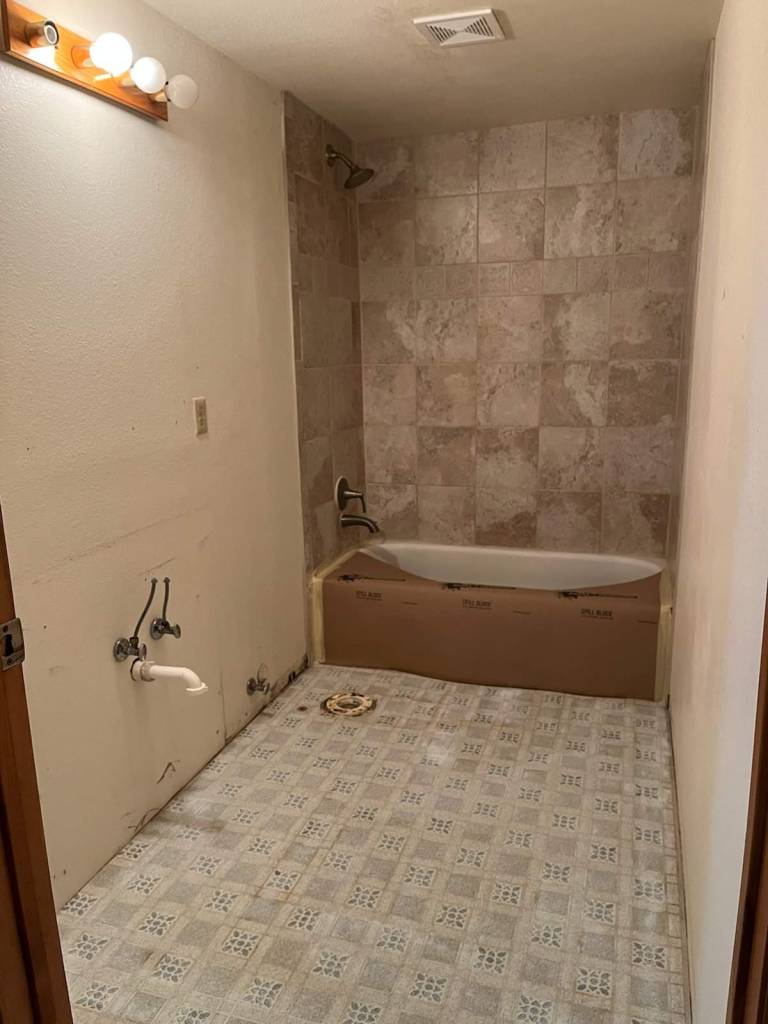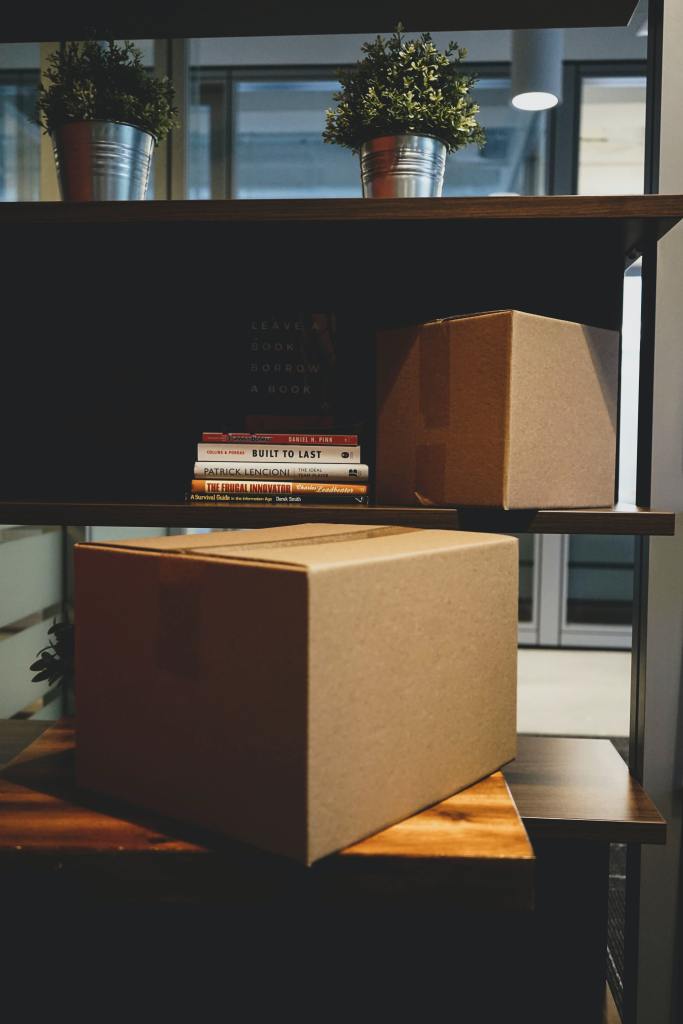The night before I left for college, I sat in my parent’s basement and cried. I had said my good-byes to high school friends and found myself in the dark weeping. The next morning, while excited, I stuffed my belongings into the trunk and cried half-way across the country as my parents drove us through Idaho and Montana and into a small town in Washington where I thought my dreams would come true. I didn’t stop crying for four months.
Fast-forward to after college graduation. I was packing again to move out of my childhood bedroom and into a two-bedroom appointment with a boy I loved, but wasn’t yet ready to marry. I cried as I packed boxes and my mom sat on the floor with me while an eager young partner waited in the doorway to load my clothes up in his trunk, driving us an hour away.
When Dylan asked me to marry him, after saying yes, I was quiet for an hour. Not quite stunned. Perhaps unsure of what I committed to, ready to take steps forward and I buoyed myself in silence. Introspection suits me.
Tears tend to accompany transition. Grief of what was lingers in the shadows as I’ve walked through doors into each chapter of new unknowns. For years I beat myself up about those tears. I compared myself to the others who bounded into dorm rooms with confidence, or those who said yes to moving across the country without hesitation. I was enamored by young women ready to fully embrace walking down the aisle without a smidge of doubt.
Today, I’m 38 weeks pregnant. I question the women fully ready to embrace motherhood without fear of what they’d be giving up along the way. I’ve kept this change, this growing of life, quiet here. In transition, I tend to go inwards. What compassion training has taught me however, is that any gap between what we wish things to be and what is is a space for loving kindness to ourselves and others.
And I as I look around, at one of the deepest seasons of anticipation in my life so far, I’m realizing it’s ok to expect the tears. I’ll likely sit on floors and weep. I know I have people here to help me stand – trust me, hoisting a pregnant belly off the floor requires lots of grunting these days.
I’m not devastated. I’m overwhelmed in the goodness of all that will come.
I nod to the young woman who packed boxes in silence as people who love her watched and waited, perhaps already having stepped through the doorway a few steps ahead of her. I, however, get to do the work of bringing this baby into the world.
Grief taught me to be wary. At times, standing in doorways, clinging to what was, is a response of fear and self-preservation. I know what this room looks like, with its familiar carpet and the window that squeaks when you open the latch. Now there sits a bassinet, a rocking chair, and blankets, waiting to welcome a little soul with tiny toes and the power to expand our hearts in ways I’m sure I can’t quite yet understand.
Two weeks to go and I’m getting quiet. Our baby classes are done. We’ve made the lists, been gifted the things, created our birth preferences. I’m winding down at work. The to-do’s have been checked. And now, I wait. I’m wondering who I will become in this transition, and when baby will arrive. I’m saying hello to the tears and the fears, knowing they don’t get to drive.
I can’t control much. But, I can look back, embracing the woman who has learned how to sit, allowing emotion and wondering to wash over her. This time, I’m not pushing away the tears. Instead, I’m lingering in doorways, waiting for baby to pull me forward into motherhood. Anticipation can be a beautiful thing.









